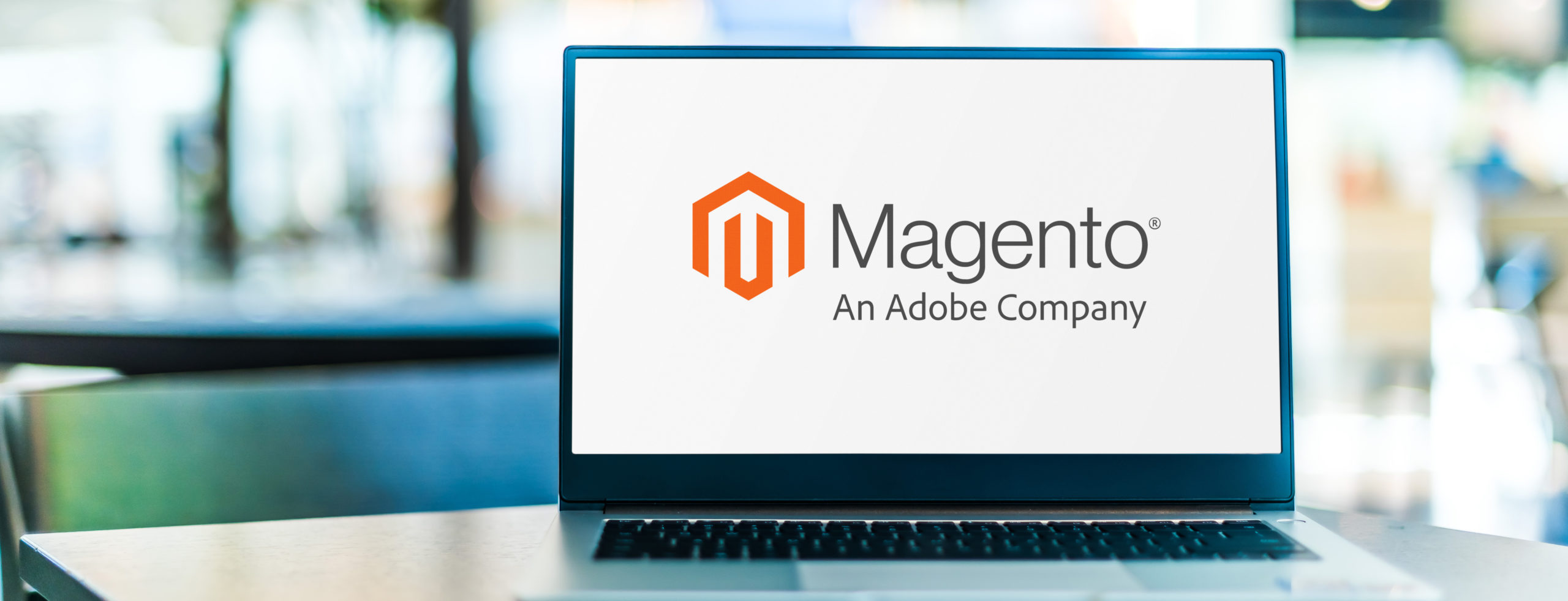In 2025, eCommerce teams are under pressure to do more with less. Budgets are tighter, competition hasn’t slowed down, and leadership wants to see stronger ROI from every channel.
That’s why more brands are taking a hard look at their tech stack, especially at the Total Cost of Ownership (TCO) of platforms like Magento (Adobe Commerce). While Magento offers full control and deep customization, that power often comes with complex upkeep and hidden costs that quietly drain your budget.
Now’s the time to ask: What are you really paying to run your store, and is it worth it?

Magento TCO: What You Might Be Overlooking
Magento gives your team flexibility, but that flexibility isn’t free. Some of the biggest drivers of long-term cost include:
Hosting & Infrastructure
Premium cloud hosting or self-managed servers can cost thousands monthly, with variable pricing tied to traffic volume.
Ongoing Maintenance
Every patch, security update, and extension version change requires developer time and skipping updates risks compliance and stability.
Custom Code
Every feature built from scratch means more long-term maintenance. Updates get harder, not easier.
Performance Costs
Downtime and slow page loads hit your bottom line directly. A 1‑second delay in load time can reduce conversions by up to 7%.
Self-Assessment: Is Your Magento Store Too Expensive to Run?
Ask yourself (or your dev/ops lead):
- Are we paying more than $1,000/month in hosting?
- Do routine updates take hours or days?
- Do we rely on custom code for basic functionality?
- Do we need a developer for even the smallest content or UI change?
- Is performance a recurring pain point?
- Do we struggle to allocate budget for marketing or CRO?
If you answered “yes” to two or more, there’s likely room to optimize.
Why Acting Now Pays Off
Optimizing TCO doesn’t just save money. It releases a budget that can power real growth. For example:
- Saving $5,000/month on infrastructure and dev could fund:
- An always-on PPC campaign
- A full-time SEO/content retainer
- A site-wide A/B testing tool + conversion audit
Put simply: platform savings become growth fuel.
In a time when every team is under pressure to justify spend, finding operational efficiencies is one of the fastest ways to create breathing room and reinvest in channels that generate revenue.
What We’ve Seen: Real Results from TCO Optimization
Teams we’ve worked with have:
- Cut hosting costs by 30–50% with no performance loss
- Replaced outdated custom features with maintained, lower-cost modules
- Reduced patch/update cycles from days to hours
- Reinvested savings into SEO, UX improvements, or loyalty programs

What You’ll Get: A Free TCO Audit + Action Plan
To help teams take control of their Magento overhead, we offer a complimentary audit that uncovers hidden costs and shows you exactly where savings can be found without sacrificing performance or features. Here’s what’s included:
Infrastructure Audit
We assess your current hosting stack and explore whether you’re overpaying for capacity, speed, or flexibility you’re not fully using.
Maintenance Map
We break down your typical maintenance workflow and identify opportunities to automate or simplify version updates, patching, and extensions.
Development Spend Review
We analyze how your team allocates developer time, especially on tasks that could be handled by marketing or merchandising teams.
If even small changes like updating a homepage banner or tweaking button text require developer involvement, that’s a sign of unnecessary complexity.
We’ll highlight where off-the-shelf extensions, modular architecture, or lighter CMS tools could reduce ongoing costs and improve agility.
ROI Roadmap
You’ll get a customized action plan outlining annual cost-saving potential, along with ideas for reinvesting that budget into growth-driving efforts like SEO, CRO, or performance marketing.
Take Back Control of Your Platform Costs
Optimizing TCO isn’t just a technical decision. It’s a strategic one.
Cutting waste, streamlining operations, and freeing up budget gives your team space to grow, even in uncertain times.






